Search
Search Results
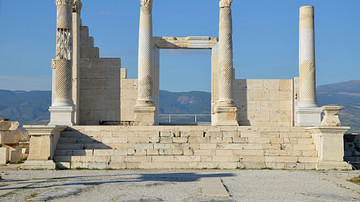
Definition
Phrygia
Phrygia was the name of an ancient Anatolian kingdom (12th-7th century BCE) and, following its demise, the term was then applied to the general geographical area it once covered in the western plateau of Asia Minor. With its capital at Gordium...

Definition
Empire of Nicaea
The Empire of Nicaea was a successor state to the Byzantine Empire, or rather a Byzantine Empire in exile lasting from 1204 to 1261 CE. The Empire of Nicaea was founded in the aftermath of the sacking of Constantinople during the Fourth Crusade...
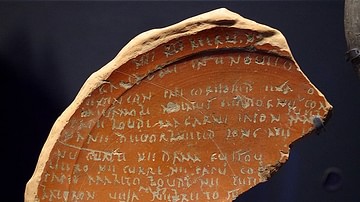
Article
A Linguistical Analysis of Ancient Celtic Languages
The Celtic languages form a branch of the Indo-European (IE) language family. They derive from Proto-Celtic and are divided into Continental Celtic languages (Lepontic, Gaulish, Galatian, Noric, Celtiberian, Gallaecian) and Insular Celtic...

Image
Map of the Trojan War States, c. 1200 BCE
The Bronze Age collapse at the end of the 13th century BCE saw a great many changes in the ancient world. Many second millennium states disappeared entirely, as cities were destroyed and peoples migrated. Others underwent a process of transformation...

Article
Conflict & Celts: The Creation of Ancient Galatia
Galatia was the most long-lasting and powerful Celtic settlement outside of Europe. It was the only kingdom of note to be forged during the Celtic invasions of the Mediterranean in the 4th and 3rd centuries BCE. From its foundation, Galatia...
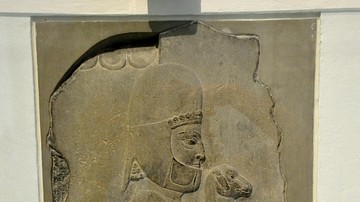
Definition
Medes
The Medes or Medians were a group of Indo-Iranian-speaking people from central Asia who migrated westwards and entered northern Iran around the end of the 2nd millennium BCE. They settled in the highlands of Zagros (Zagreus in Greek) and...
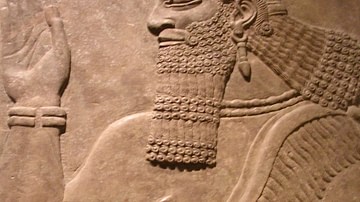
Definition
Neo-Assyrian Empire
The Neo-Assyrian Empire (912-612 BCE) was the final stage of the Assyrian Empire, stretching throughout Mesopotamia, the Levant, Egypt, Anatolia, and into parts of Persia and Arabia. Beginning with the reign of Adad Nirari II (912-891 BCE...
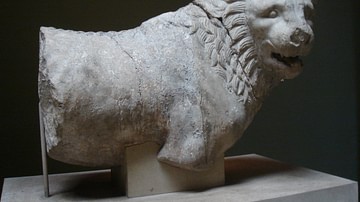
Definition
Halicarnassus
Halicarnassus (modern Bodrum, Turkey) was an ancient Ionian Greek city in the region of Caria, located on the coast of Anatolia. It is best known as the birthplace of Herodotus (l. c. 484-425/413 BCE), the 'Father of History', and as the...
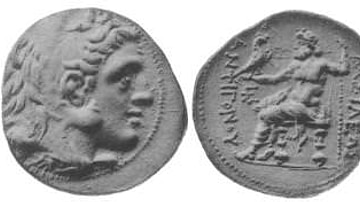
Definition
Antigonus I
Antigonus I Monophthalmus ("the One-Eyed") (382 -301 BCE) was one of the successor kings to Alexander the Great, controlling Macedonia and Greece. When Alexander the Great died in 323 BCE, a conflict known as the Wars of the Diadochi ensued...
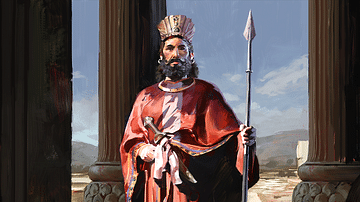
Article
Cyrus the Great's Conquests
The estimated expanse of the Achaemenid Empire at its height c. 500 BCE was two million square miles. Most of this territory was conquered by Cyrus the Great, the founder of the Empire, who reigned from 559 to 530 BCE, the fourth king in...